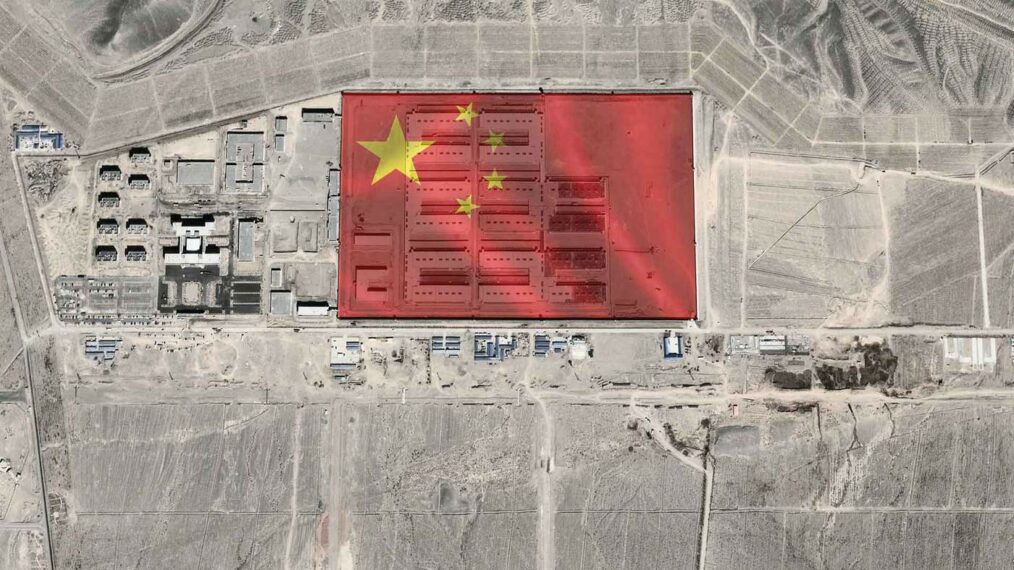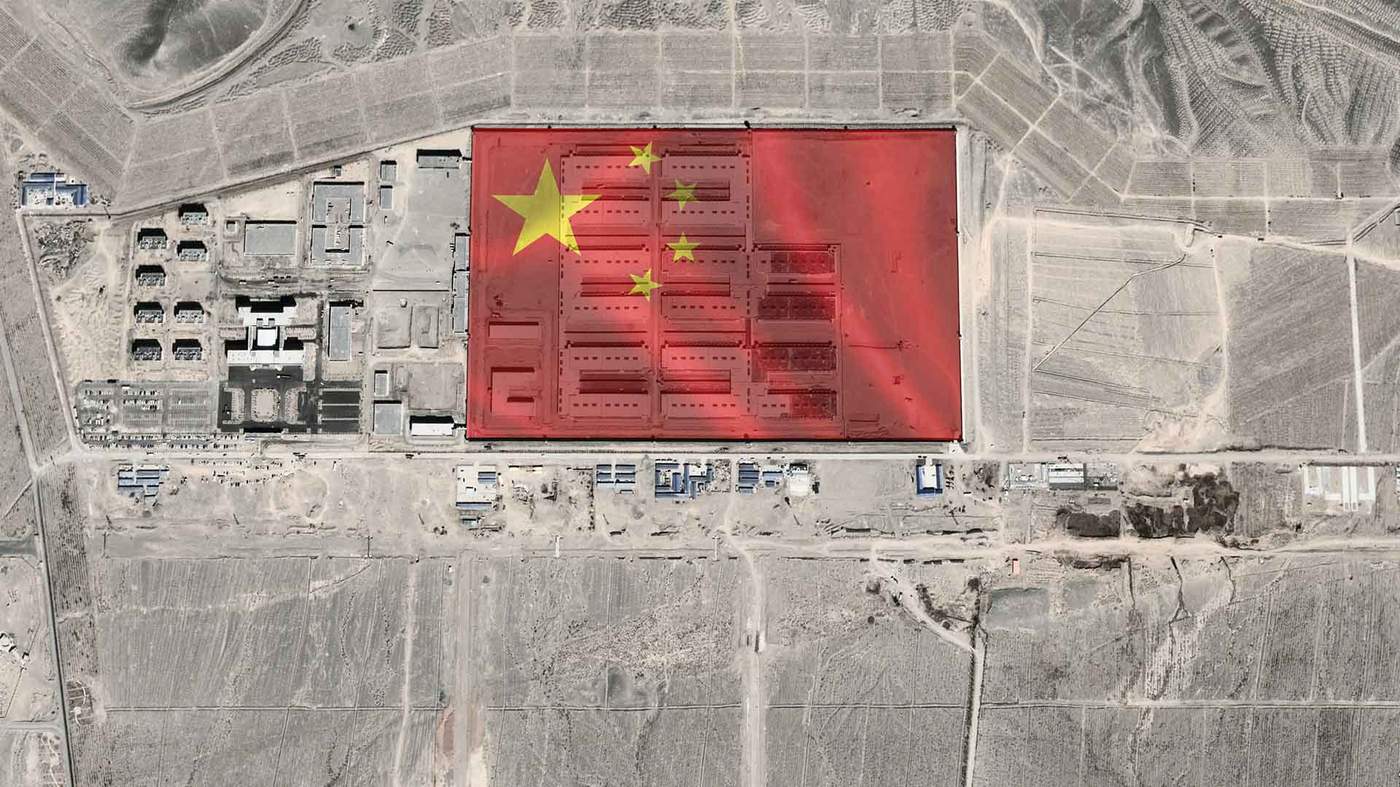In the lead up to the 2003 Invasion of Iraq, President Bush cited multiple assessments by the Intelligence Community to assert that Saddam Hussein possessed Weapons of Mass Destruction. That was the main rationale for the war, one that was debunked in 2005 after the release of the Weapons of Mass Destruction Commission Report.
President Bush’s goals in Iraq were to prevent another 9/11, kill Osama Bin Laden, destroy Al-Qaeda, and democratize the Middle East. Assessments by the Intelligence Community further rationalized his desire to intervene to the American public and the world. In 2003, Bush ordered troops into Iraq, signaling a much longer conflict that lasted until 2011.
The successes and failures of United States strategy in Iraq since the 2003 invasion depend on perspective. On one hand, it could be argued that it was successful in that it drove out Saddam Hussein, a highly authoritarian, repressive and hostile leader. On the other hand, it has been more than a decade since the U.S intervened in the region, and Iraq is still in disarray. Of the other successes, the U.S has not had another 9/11-like event. Bush failed at capturing Bin Laden, but his successor President Obama captured and killed Bin Laden shortly after. This is not to say that another 9/11 would have happened if the U.S did not invade Iraq. The capture of Bin Laden was not was not a result of Bush’s strategy in Iraq, but other plans set forth by President Obama.
One of Bush’s most ambitious goals was to democratize Iraq and perhaps the entire Middle East. Pointing to progress towards democracy in similar nations like Morocco, Bahrain, Oman, Qatar, Yemen, Bush believed that the goal of democratizing Iraq was achievable with guidance from the United States. However, any progress Iraq made towards democratization was and is fragile at best. Elections are still corrupt, civil society is nonexistent, terrorist groups have the ability to establish strong footholds with no effective opposition from the government, and Iraq’s ethnic and sectarian differences continue to divide the nation and hinder progress. Attempts at democratizing Iraq and other Middle Eastern countries crumbled. Three main reasons can be attributed to U.S failure to promote democracy in Iraq.
First, the United States refused to understand and adapt to cultural and religious elements of the Middle East that prevented conformity to western notions of democracy. In his National Endowment for Democracy speech, Bush first and foremost blamed American support for dictatorial regimes as the main cause resentment towards U.S intervention and stagnation in the region. He believed that if the U.S pursued economic and political reform through democratic means, the rest of the public in the Middle East would support a U.S.-led transition. Indeed, some forms of democracy have taken root in Iraq over the past decade. In May 2018, Iraq held its fifth general election and while results have been disputed, claims about electoral rigging were baseless, according to the UN. There are more political parties that are allowed to participate in politics rather than just Hussein’s Al Baath party. However, achievement of democracy is still an elusive goal for Iraq. Iraqi politics is extremely patrimonial, controlled by patronage. The Iraqi High Electoral Commission, tasked with electoral oversight, is based on partisan quotas that allow dominant political parties to choose its members. Iraq still lacks a reliable civil society, institutions and judicial independence, all of which are key components of democratic constitutionalism
In its attempt to democratize Iraq, the U.S. approach was and is one that’s too “cookie-cutter,” one that seeks to “copy and paste” forms and ideals of U.S. democracy onto the Middle East, a region with vastly different religious and cultural beliefs. I strongly disagree with the notion that Islam and democracy are incompatible and believe that western attempts at democratization never sought to make them compatible in the first place. The United States should have attempted to establish dynamics of democratic consolidation combined with religious reforms that provide a model for pragmatic change based on liberal Islamic thought and practice. That notion of Muslim Democracy is the only form of governance that is likely to succeed. The desire for Muslim democracy is already rising in the Middle East, as exemplified by the Arab uprisings of 2001. It has been indicative of an increase in religious consciousness, exemplified by the nature of Muslims’ voting behaviors and the connection of those behaviors to democratic values. Despite America’s failures in Iraq, establishing a democracy that takes into account religious and cultural differences would have established a stronger foothold for democracy and civil society, a system that is not as easily susceptible to collapse.
The second reason for the failure of U.S-led democracy in Iraq is that there was never a consistent, well organized strategy for promotion. Bush quickly de-emphasized his goal after Hamas won Palestinian elections in 2006 but kept U.S. troops on the ground to preserve stability and contain terrorism. Without efforts to establish an Iraq that can survive with its own democratic institutions and civil society while continuing heavy U.S presence, Iraq grew dependent on U.S presence, with no stable foundation for which democracy can flourish on its own.
The third reason for failure was that the United States failed to contain tribal differences in Iraq. In his book, Leaving Without Losing: The War on Terror, Mark Katz says U.S intervention in Iraq upended decades of Sunni control over a Shiite majority. Iraq has many religious sects, tribes and ethnic groups that are often hostile towards one another. Saddam Hussein’s regime and Al Baath party were Sunni, ruling over a Shi’a majority, the Kurds, and other smalls groups. That has been the structure of Iraqi politics since the Ottoman Empire. When the U.S ended Al Baath Sunni rule, the Kurds solidified their rule over northern Iraq and the Shiite became the ruling majority. Sunni Arabs, wanting to maintain power and fearing how they would be treated by a resentful and empowered Shiite majority, were opposed to U.S. intervention. Even though U.S. invasion led to a Shiite-desired outcome, Shiite Arabs disapproved of the continuation of the American coalition and became fearful of U.S. efforts to integrate Sunni Arabs into the Iraqi armed forces. Shiite Arabs feared that Sunni cooperation with the U.S. might reverse course and allow Sunni Arabs to rule over the Shi’a majority again. On a different side of the conflict, U.S. intervention increased Kurdish aspirations for independence. Kurdish efforts have failed multiple times over the course of history, and they viewed this as the perfect opportunity to create their own autonomous zone.
Perhaps out of all the U.S.’ failures in Iraq, the issue of sectarian and ethnic divide was most inevitable. There is nothing the United States could have done to resolve mistrust and suspicion between the three communities. Discrepancies and suspicion among all of them have been breeding for decades.
In 2004, President Bush established the WMD Commission Report to assess the intelligence community’s performance on Iraq, Libya and Afghanistan. The Report concluded that the intelligence community relied on flawed analysis and collection disciplines. Intelligence analysts relied on one Human Intelligence (HUMINT) source, did not use the scientific method to confirm their analysis, and relied on already existing information to reach their conclusion. The report also concluded that the intelligence community had fallen prey to political pressure to link Iraq to Al-Qaeda and thus rejected to consider alternative hypothesis. U.S. intelligence analysis was politically biased.
U.S. failure to promote democracy and deal with sectarian divides were only supercharged by President Bush’ eagerness to link Iraq to 9/11. The invasion of Iraq was rushed with no precise planning which provided the groundwork for ultimate failure. Maybe the best thing the United States could have done is not militarily intervene in Iraq at all. The primary reason for which the U.S intervened was nonexistent: Iraq did not have any weapons of mass destruction. There is no guarantee that lack of intervention would not have caused the same outcome. Perhaps a different and more calculated strategy of intervention would have produced a better outcome. On the other hand, Iraq may be just as unstable regardless of what the U.S did. Sectarian and ethnic divides would still drive violence and authoritarianism in the country. Nevertheless, the U.S spent billions of dollars, sacrificed military men and women based on a witch hunt for Weapons of Mass Destruction and failed at democratizing Iraq. So what was the point of the 2003 invasion of Iraq?








